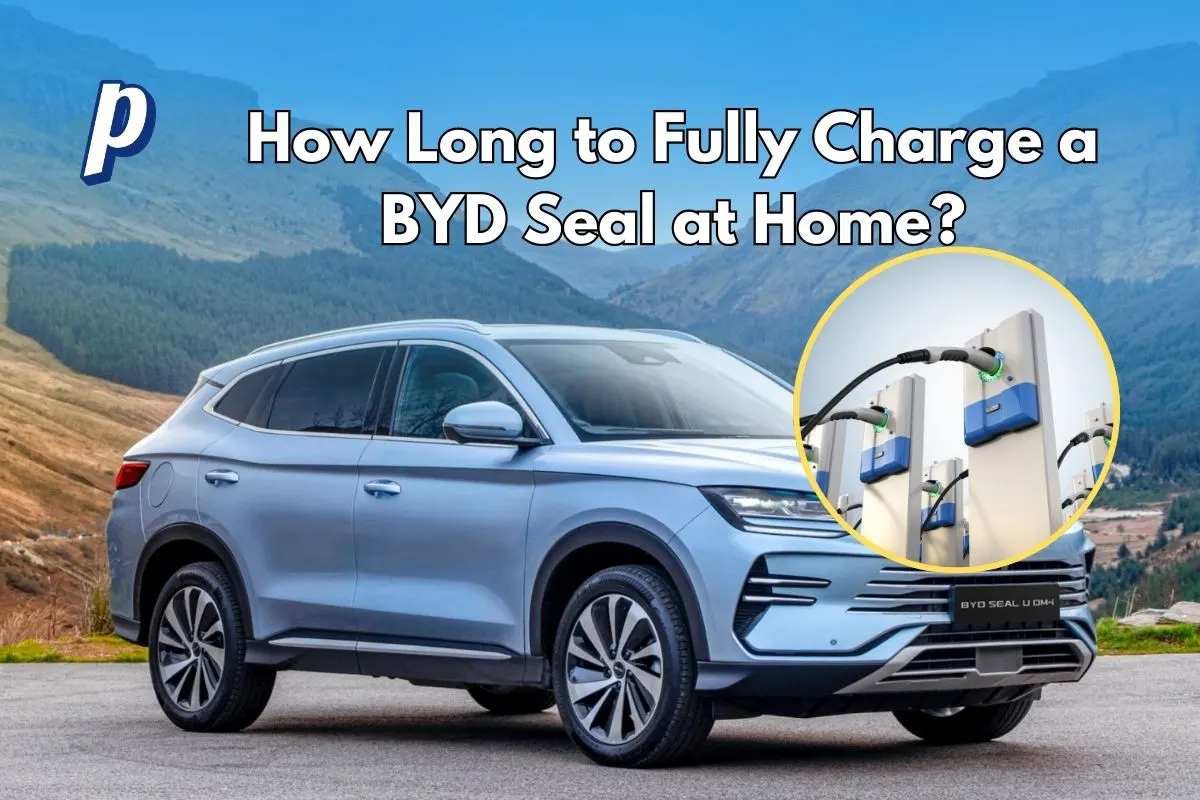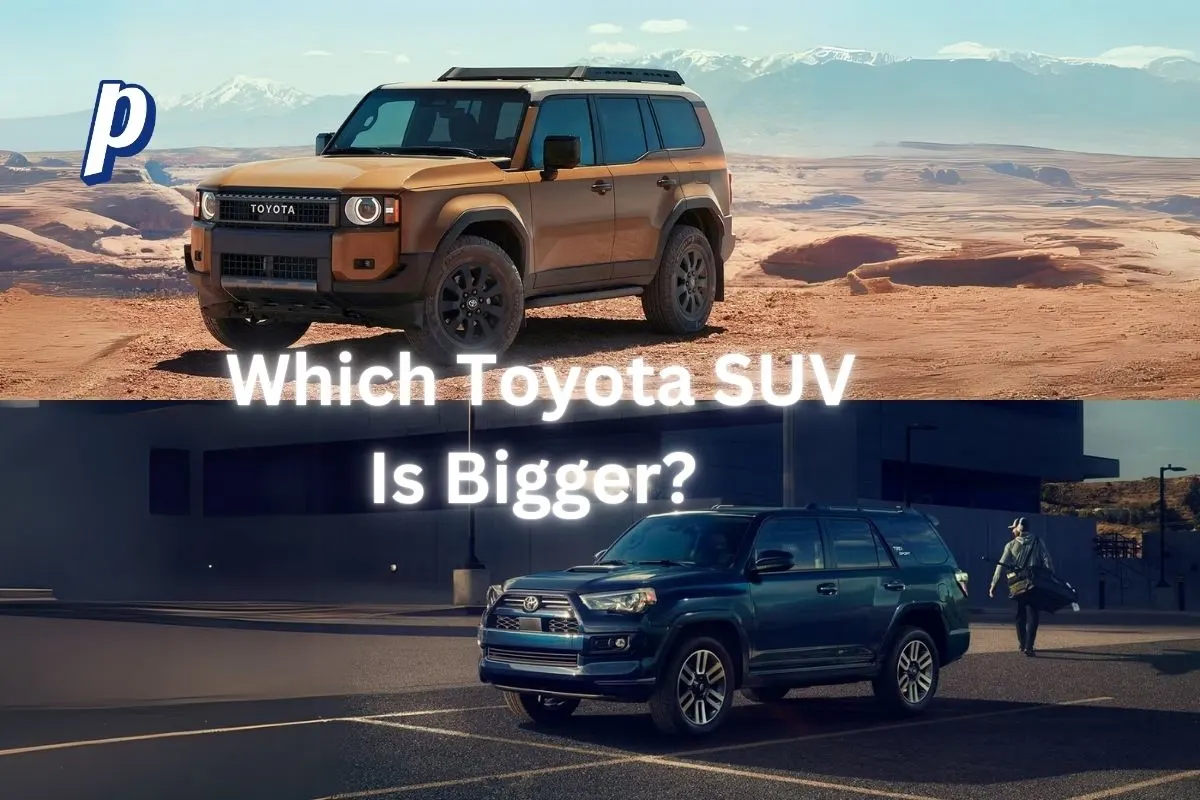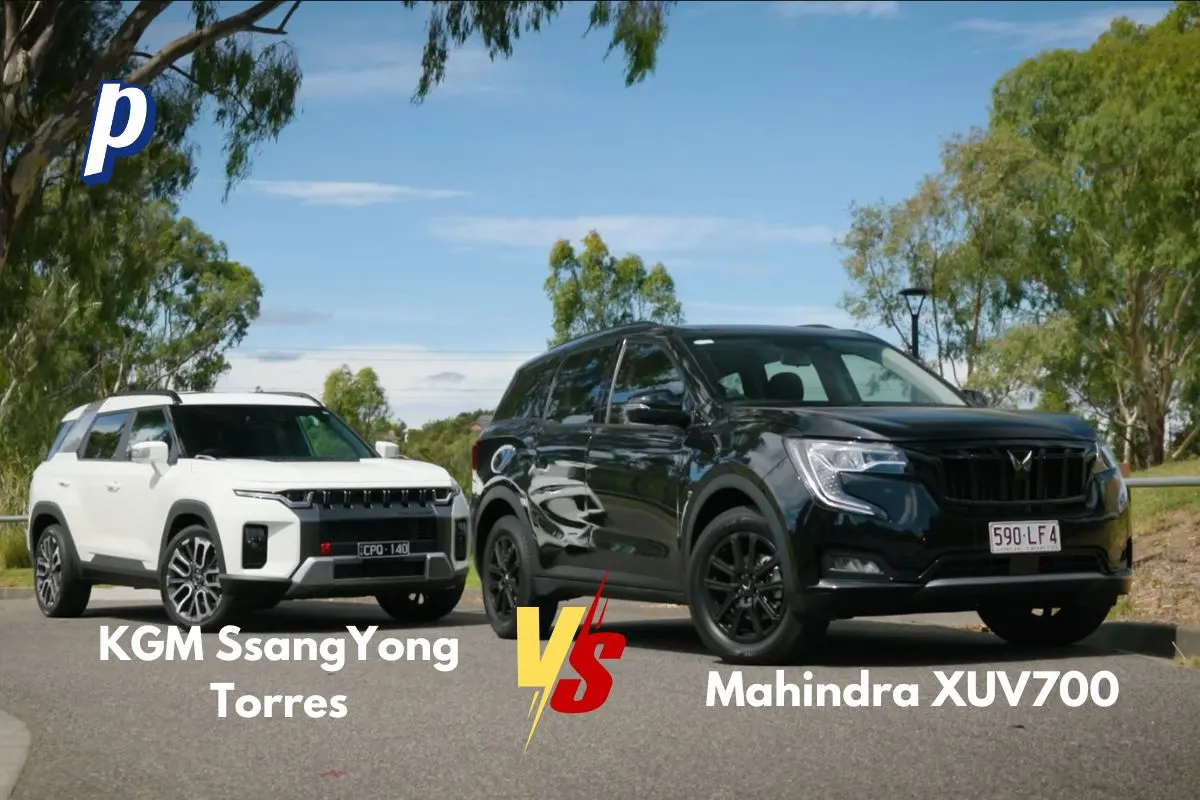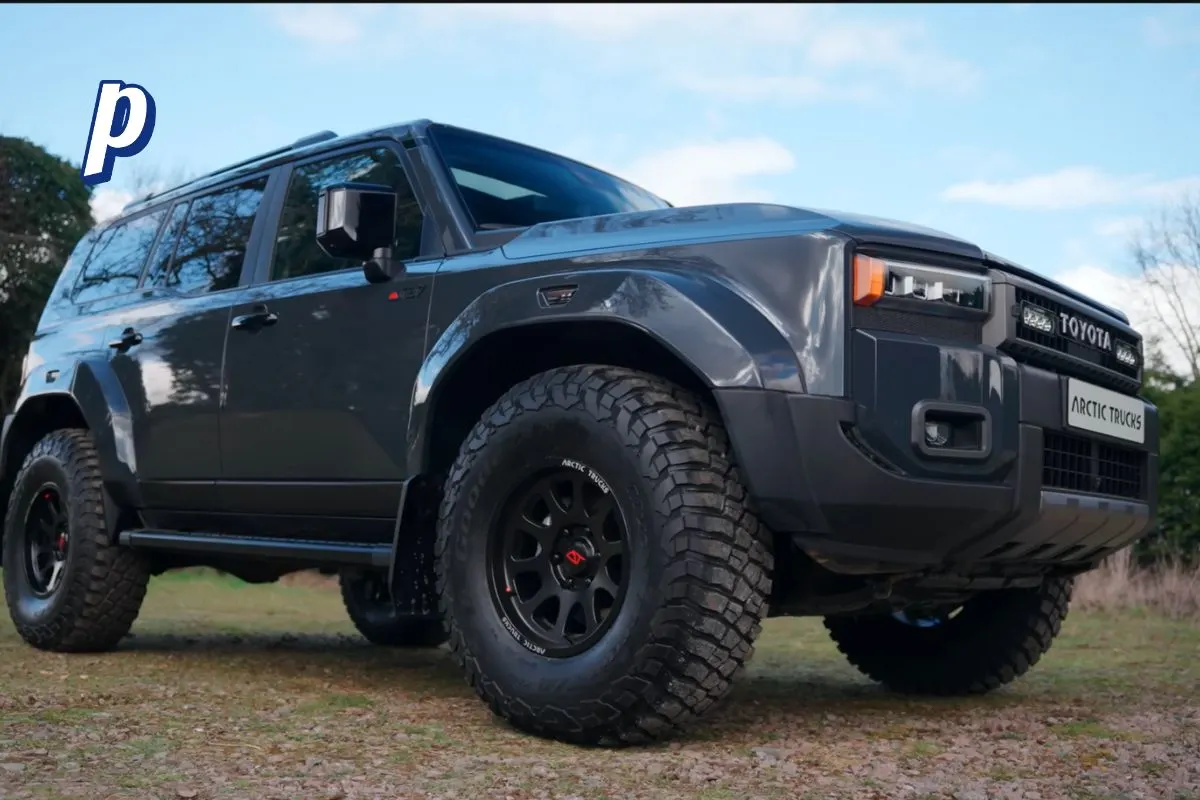Key Points
- Research suggests younger U.S. buyers, mainly Gen Z and Millennials, are driving demand for sustainable and tech-heavy cars.
- It seems likely that their preferences are pushing automakers to produce more electric vehicles (EVs) and integrate advanced technologies.
- The evidence leans toward increased EV production and tech features like infotainment systems, with some controversy around how quickly the market can adapt to these demands.
Younger U.S. buyers, particularly Gen Z and Millennials, are reshaping the auto market by prioritizing sustainability and advanced technology in their vehicle choices. They’re more likely to consider electric vehicles (EVs) due to environmental concerns, with studies showing 40% of millennials and 35% of Gen Z interested in EVs, compared to just 20% of baby boomers (The Washington Post). They also demand cars with advanced infotainment systems, connectivity options like Apple CarPlay, and safety features, reflecting their tech-savvy nature.
This shift is pushing automakers to produce more EVs and incorporate technologies like over-the-air updates and digital keys. For example, Ford and GM are focusing on EVs to appeal to this demographic, while companies like Toyota are enhancing infotainment systems (CNBC). An unexpected detail is that younger buyers are also influencing marketing strategies, with automakers shifting to digital platforms and social media to connect with them, given their preference for online research and purchases.
However, there’s some debate on how quickly the industry can meet these demands, especially with EV charging infrastructure and affordable tech options. Overall, their influence is clear, driving the auto market toward a greener, more connected future.
Survey Note: A Comprehensive Look at Younger U.S. Buyers Reshaping the Auto Market

Younger U.S. buyers, primarily Generation Z and Millennials, are significantly influencing the automotive industry by demanding vehicles that align with their values of sustainability and advanced technology. This demographic, typically under 40, is not just buying cars; they’re reshaping how cars are designed, produced, and marketed. Let’s dive into the details of how their preferences for eco-friendly and tech-heavy vehicles are transforming the auto market, based on research and reports as of March 18, 2025.
Read more: Land Cruiser vs. 4Runner: Which Toyota SUV Is Bigger?
The Rise of Sustainability Preferences
Sustainability, in the context of cars, means lower emissions, better fuel efficiency, and the use of eco-friendly materials. Younger buyers are at the forefront of this movement, driven by their environmental consciousness. A study from The Washington Post revealed that 40% of millennials and 35% of Gen Z are interested in purchasing electric vehicles (EVs), compared to only 20% of baby boomers. This preference is backed by the Pew Research Center’s findings, which show younger adults are more likely to view climate change as a major threat and support policies to reduce greenhouse gas emissions (Pew Research Center).
The demand for EVs is evident in sales data. The U.S. Department of Energy’s 2022 Electric Vehicle Market Analysis indicates that the average age of EV buyers is 42, younger than the 48 average for all new car buyers, with 45% between 35 and 54, and 25% under 35 (US Department of Energy). An article from Inside EVs further notes that 37% of EV owners are between 18 and 44, compared to 30% of gasoline car owners, highlighting the younger demographic’s role.
This shift is reshaping the auto market, with major manufacturers like Ford, GM, and Tesla betting big on EVs to capture this audience. CNBC reports that Ford’s CEO emphasized their EV strategy targets younger, environmentally conscious consumers, while GM aims for an all-electric lineup by 2035. Even traditional players like Toyota and Honda are expanding their hybrid and EV offerings, responding to the growing demand.
Technology Demands and Digital Integration
Younger buyers are also tech-savvy, expecting cars to integrate seamlessly with their digital lives. According to Automotive News, they prioritize advanced infotainment systems, connectivity options like Apple CarPlay and Android Auto, and safety features such as adaptive cruise control and lane-keeping assist. A Deloitte report, “2023 Global Automotive Consumer Study,” shows that 70% of Gen Z and 65% of Millennials value connected car features, compared to 50% of baby boomers (Deloitte).
These preferences are driving automakers to incorporate technologies like over-the-air updates, digital keys, and personalized infotainment systems. MotorTrend discusses how companies are offering subscription-based services for additional features, aligning with younger consumers’ familiarity with digital subscriptions. For instance, Tesla’s over-the-air updates and BMW’s digital key app cater to this demographic’s expectations.
An interesting aspect is how technology extends beyond the car itself. Marketing Dive highlights that automakers are using augmented reality, virtual reality, and social media to engage younger buyers, recognizing their preference for online research and purchases. This digital shift is reshaping marketing strategies, with a focus on online platforms and personalized digital experiences.
Market Reshaping and Industry Response
The combined demand for sustainability and technology is forcing the auto industry to adapt. McKinsey & Company notes that young consumers are driving demand for shared mobility, EVs, and connected cars, prompting automakers to rethink business models. This includes offering flexible ownership options, such as subscriptions or leases, to appeal to younger buyers who may not want traditional car ownership.
Specific examples abound. The Guardian reports that 62% of 18- to 34-year-olds in the UK are unlikely to buy a traditional petrol or diesel car, a trend likely mirrored in the US, pushing manufacturers to accelerate their EV transition. In the US, Forbes notes that 56% of Gen Z and 52% of Millennials are interested in EVs, leading to increased production of affordable models to meet this demand.
The industry is also investing in charging infrastructure to support EV adoption, recognizing that younger buyers’ preferences could be limited by practical concerns. Meanwhile, the focus on technology is leading to innovations like advanced driver assistance systems (ADAS) and enhanced connectivity, as seen in models from Nissan and Volkswagen, targeting tech-savvy younger audiences.
Comparative Analysis and Tables
To illustrate the generational divide, here’s a table comparing preferences based on the Deloitte study:
| Preference | Gen Z (Under 27) | Millennials (27-42) | Baby Boomers (58-76) |
|---|---|---|---|
| Consider Environmental Impact | 60% | 55% | 40% |
| Value Connected Car Features | 70% | 65% | 50% |
| Interested in EVs | 56% | 52% | 35% |
This table highlights the higher interest among younger buyers in sustainability and technology, driving market changes.
Read more: Explosive Drag Race Ever: Ferrari, Porsche, & Lamborghinis Battle in Carwow’s Epic Showdown
Another table shows the shift in production focus, based on industry reports:
| Manufacturer | EV Models in 2023 | Planned EV Models by 2030 | Tech Investment Focus |
|---|---|---|---|
| Ford | 3 | 8 | Infotainment, ADAS |
| GM | 4 | All-electric by 2035 | Connectivity, Safety Features |
| Tesla | 5 | Expanding | Over-the-air Updates, Autonomy |
These tables encapsulate the industry’s response, driven by younger buyers’ demands.
Conclusion and Future Implications
Younger U.S. buyers are undeniably reshaping the auto market, pushing for a greener, more connected future. Their preference for EVs is accelerating the industry’s transition to electric, while their tech demands are driving innovations in car features and digital experiences. As this demographic continues to grow, automakers must adapt, balancing sustainability goals with technological advancements to stay competitive. This shift not only benefits the environment but also propels the industry into a new era of innovation, ensuring cars meet the needs of a tech-savvy, eco-conscious generation.










